Generali Case 2018
Challenge : «How might we create an easy and trustworthy Generali experience for the next generation of users?
In light of their business strategy ACT 2020, Generali Switzerland are aiming to transform themselves into a user-centric insurance company. Therefore, Generali provided us with the exciting challenge of changing the way they communicate with their customers. We are a team of students from Porto Design Factory and the University of St.Gallen (HSG), and we collaborated across borders to thoroughly understand both the insurance customers of today and what the fundamental problem with insurances nowadays is.
We examined millennials, i.e. young professionals and young families in Switzerland and thoroughly worked to uncover their needs, their pains, and what “insurance” means for users today.»
After months of needfinding and benchmarking, we finally understood the main problem with insurances: There is a gap in the user journey, in which the user is not getting anything back. In fact, it might take years or even decades until users have to file a claim, but they still have to pay their bills. What is more, the touchpoints users do have with their insurance are more often than not perceived by them as intransparent, slow and unreliable.
Therefore, we developed the vision of providing the user with a continuous and foreseeable benefit in an intuitive insurance experience. Based on our vision, the final solution was born: Bonu. At its core, Bonu is a points-based loyalty system that offers continuous benefits and deconstructs insurances providing users with full control and centralized information. As a points-based digital platform, the user earns points by pausing insurances, by doing safe challenges and simply by being loyal. With the points, the user can either reduce her insurance bill, or buy innovative pop-up insurances. Pop-up insurances are short-term insurances tailored to the needs of millennials. Unlike classical insurance products, they are situation-specific. That is, they are temporary, insurance-category independent, and fit specific life situations. For example, a user can insure her ski weekend with the points she earned.
We truly believe that with Bonu, we have been able to change the stigma that defines insurances into a new and forward-thinking one for the next generation of users.

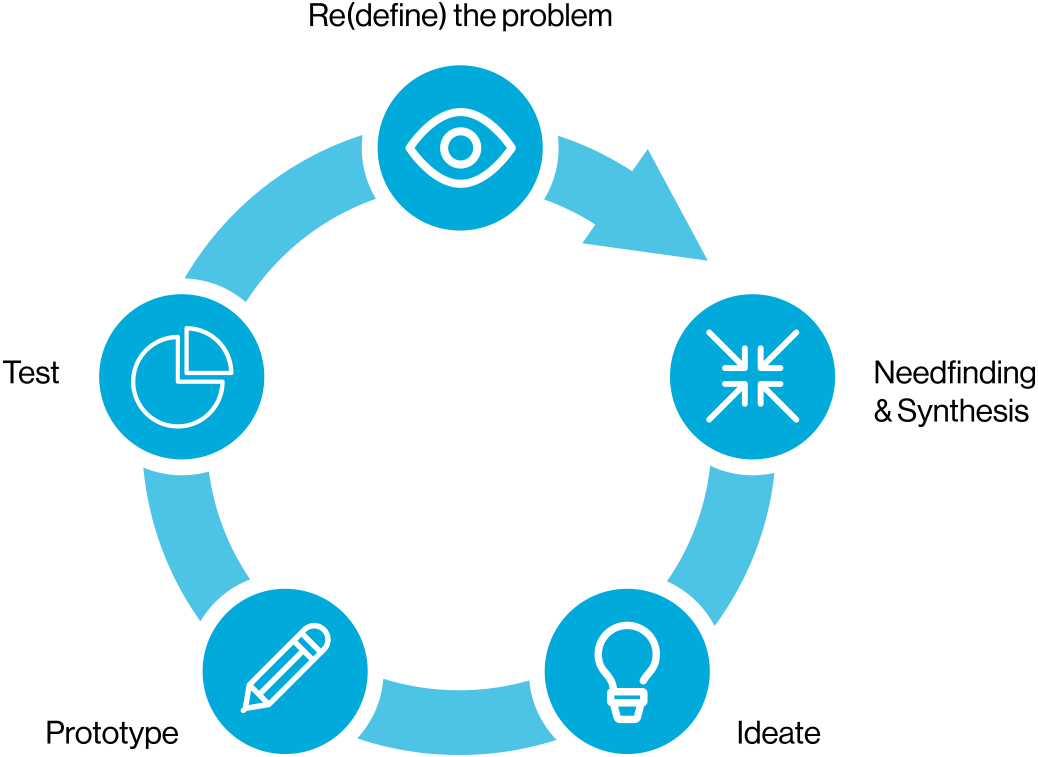
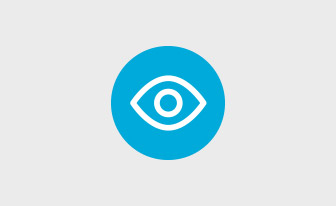
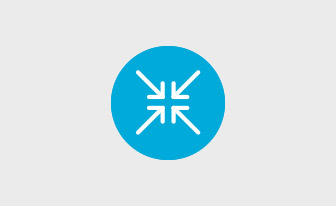
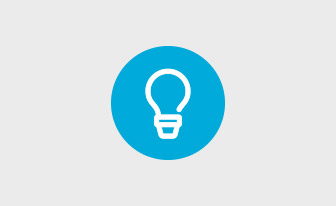


-600x402.jpg)

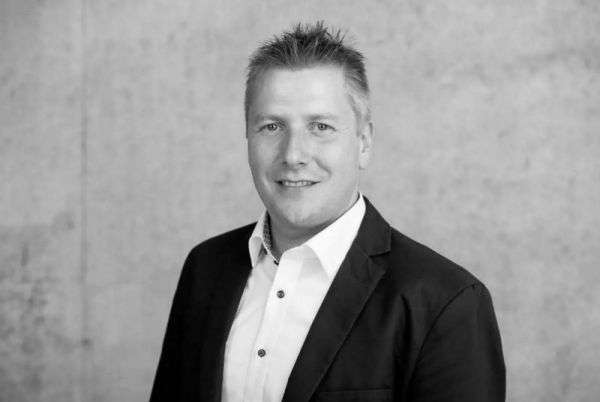
-600x402.jpg)

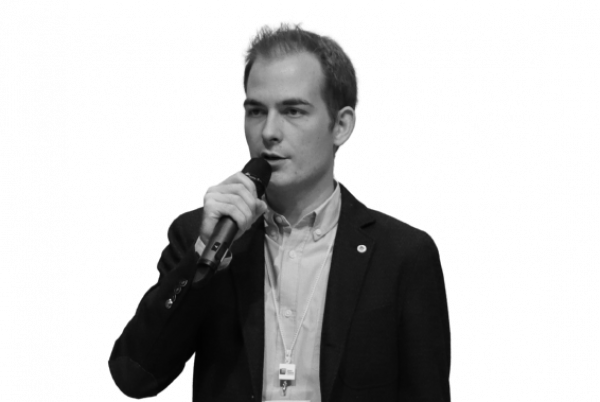



 The course teaches Design Thinking as an innovation philosophy, a mindset, with different methods enabling students to better work in multidisciplinary teams to determine project requirements, benchmark alternatives, conceive solutions, and develop a series of increasingly sophisticated prototypes through rapid prototyping, analysis and user testing focusing on user experience.
The course teaches Design Thinking as an innovation philosophy, a mindset, with different methods enabling students to better work in multidisciplinary teams to determine project requirements, benchmark alternatives, conceive solutions, and develop a series of increasingly sophisticated prototypes through rapid prototyping, analysis and user testing focusing on user experience.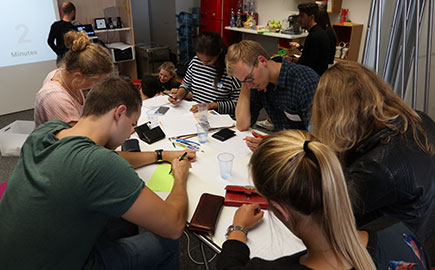
.jpg)
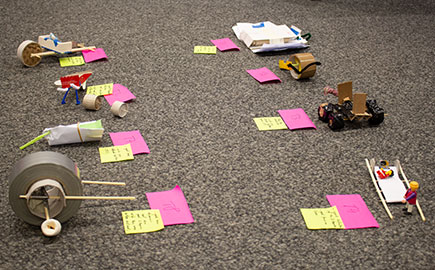
.jpg)
.jpg)
.jpg)
.jpg)
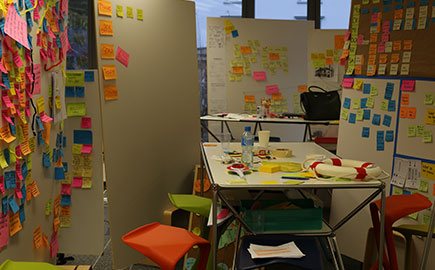
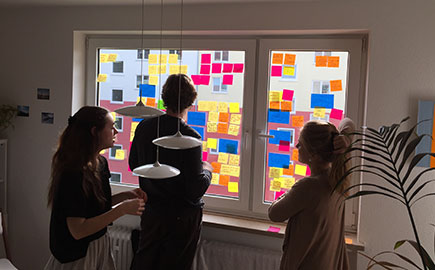
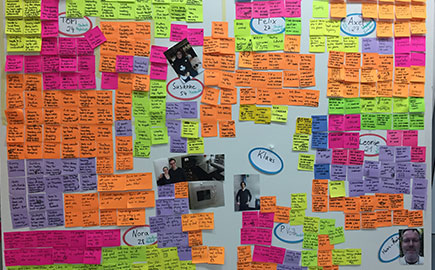
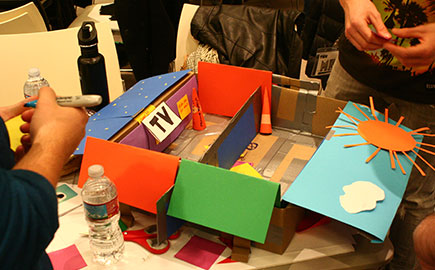
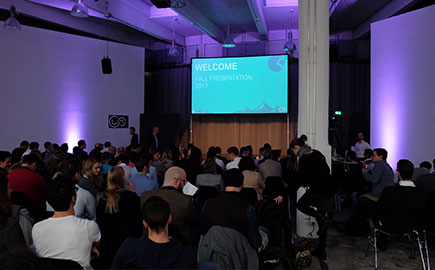
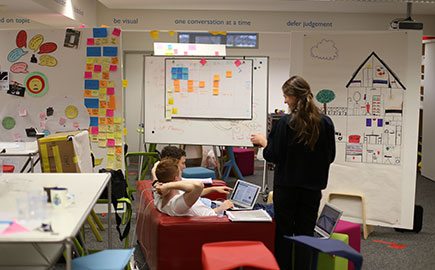
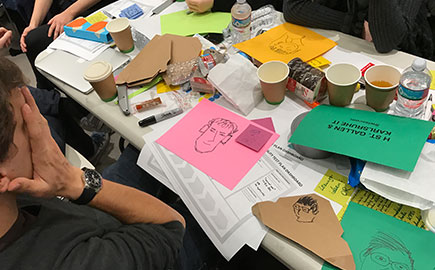
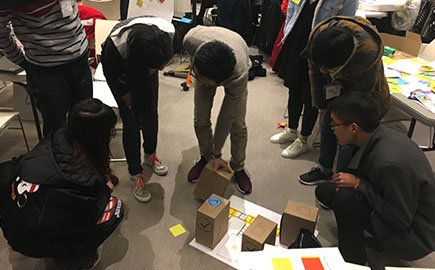
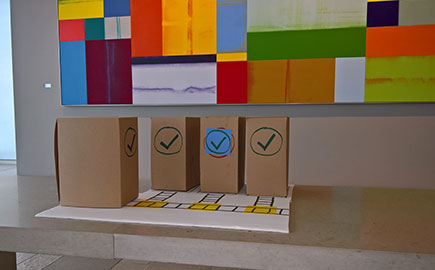
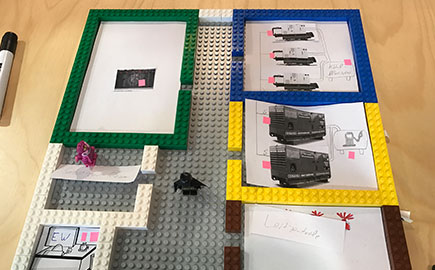
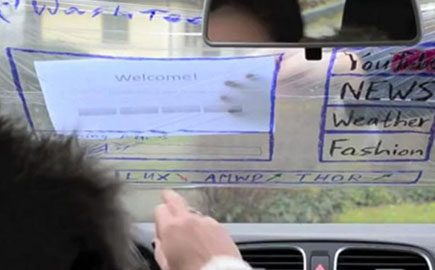
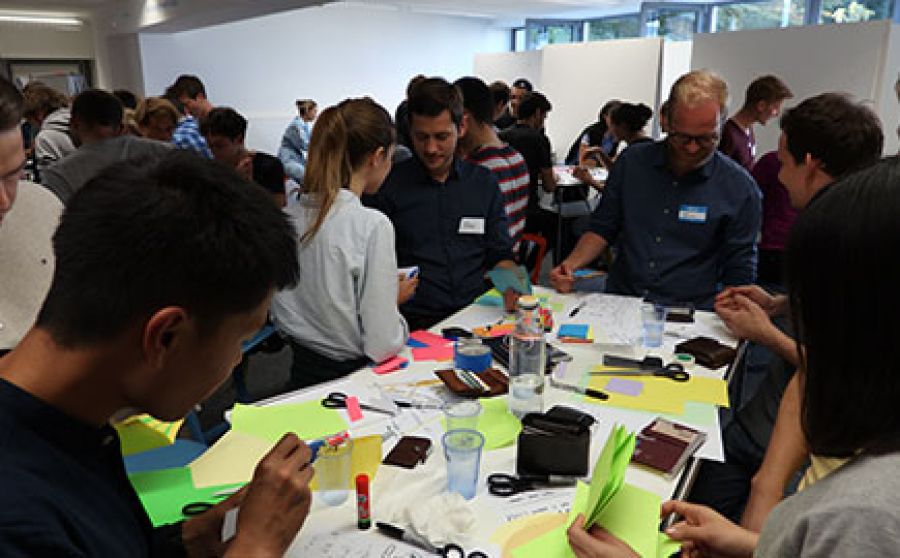
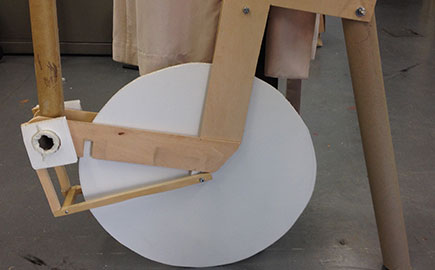
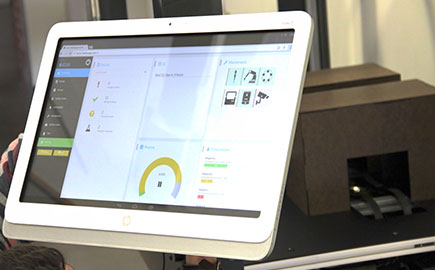
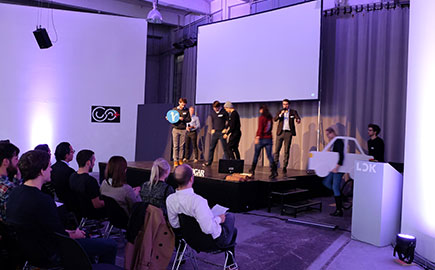
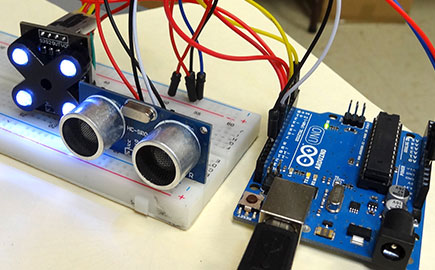
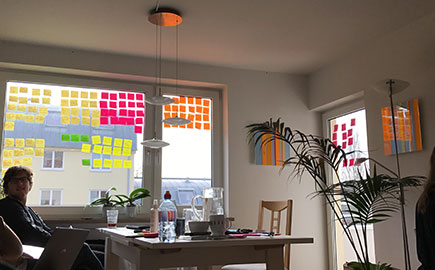

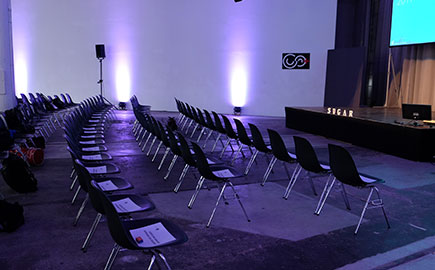
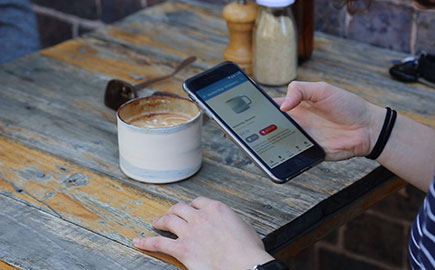
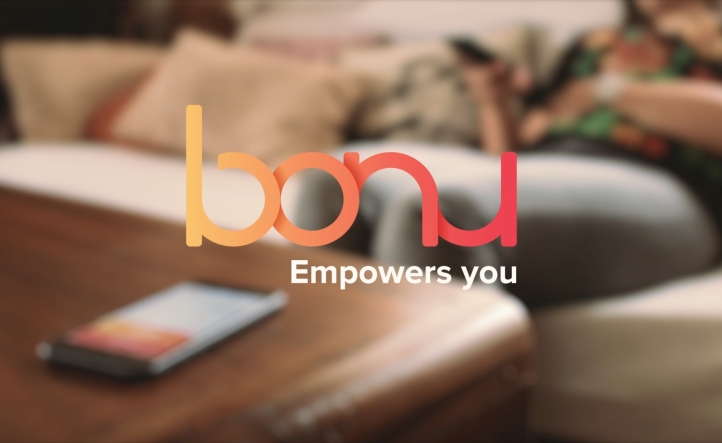
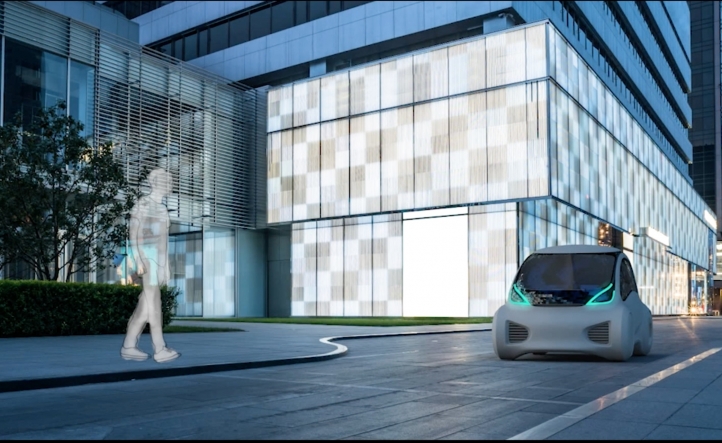
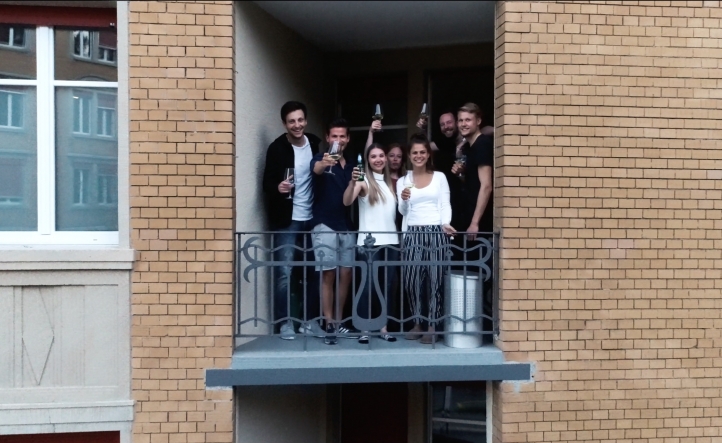
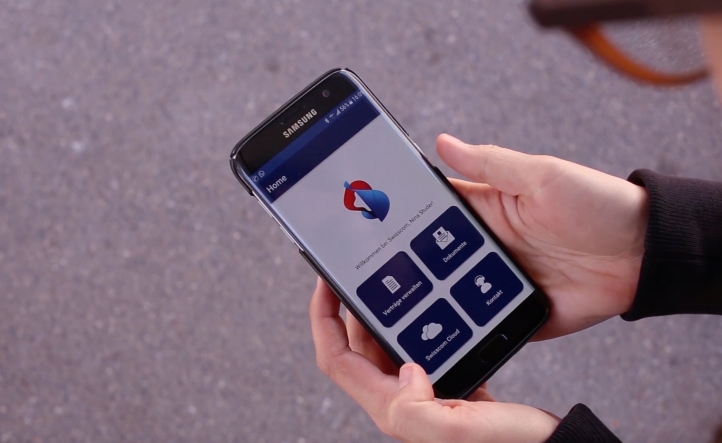
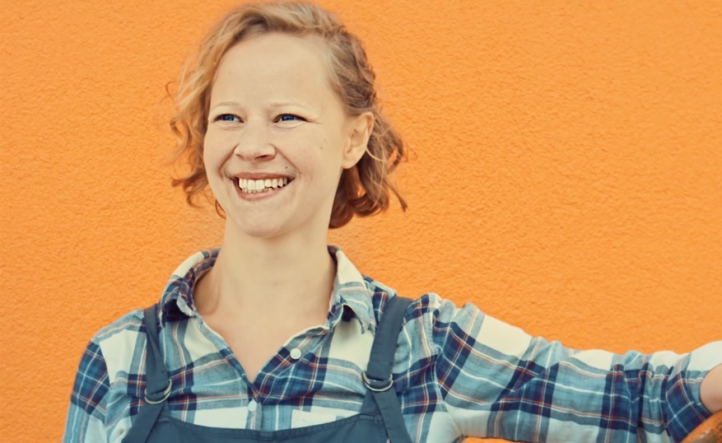
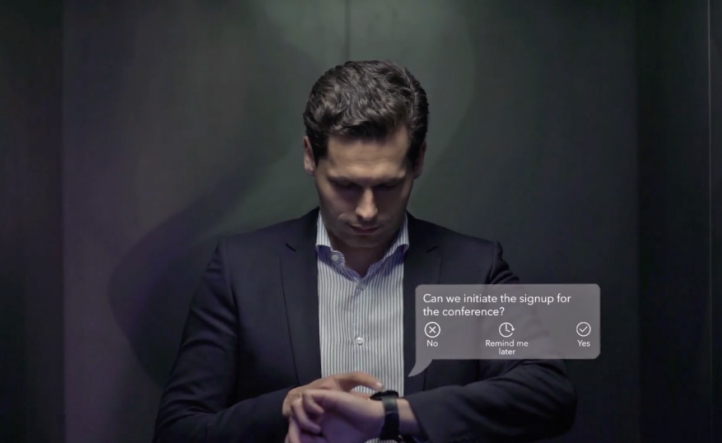



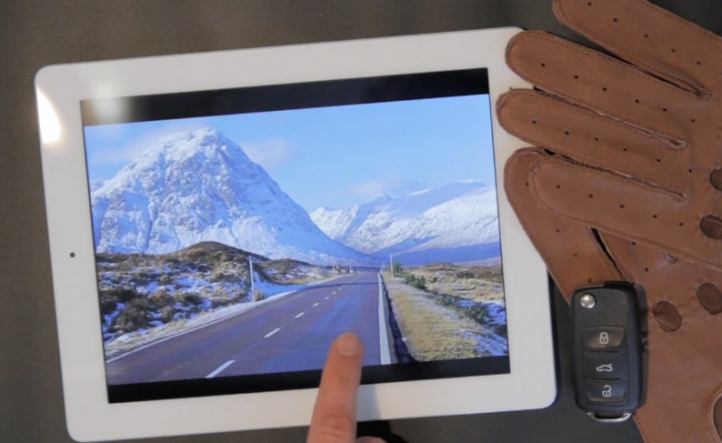

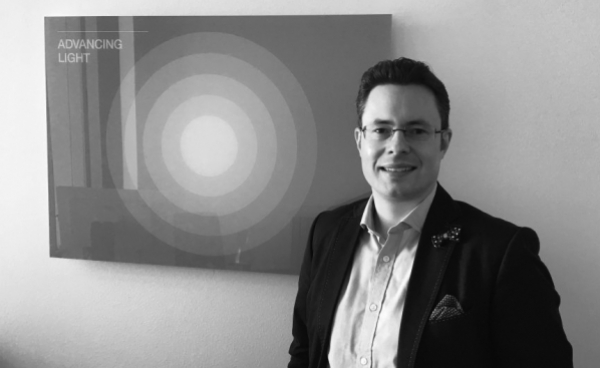

-600x368.jpg)

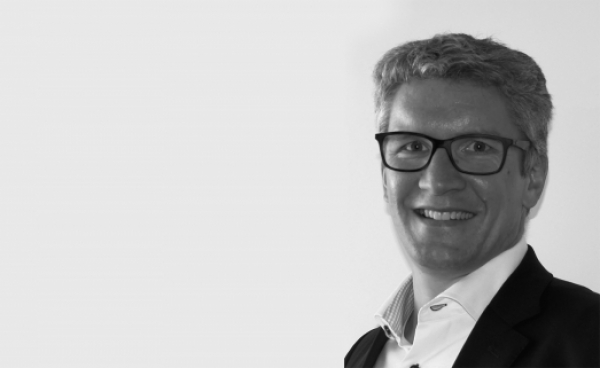




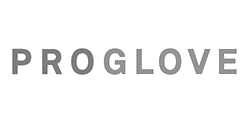
.png)




















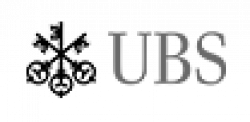

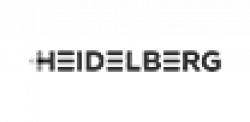


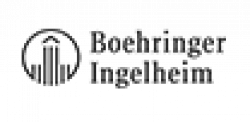


.png)

